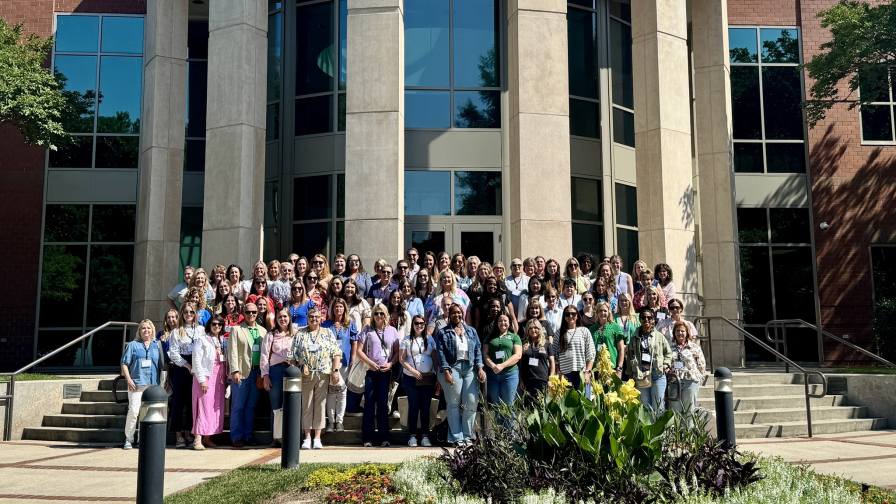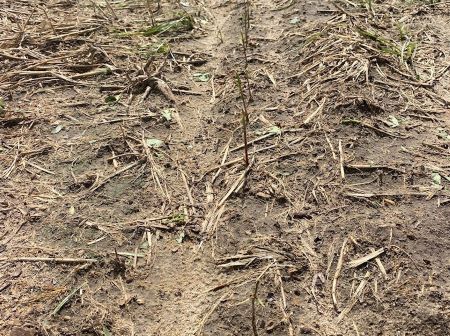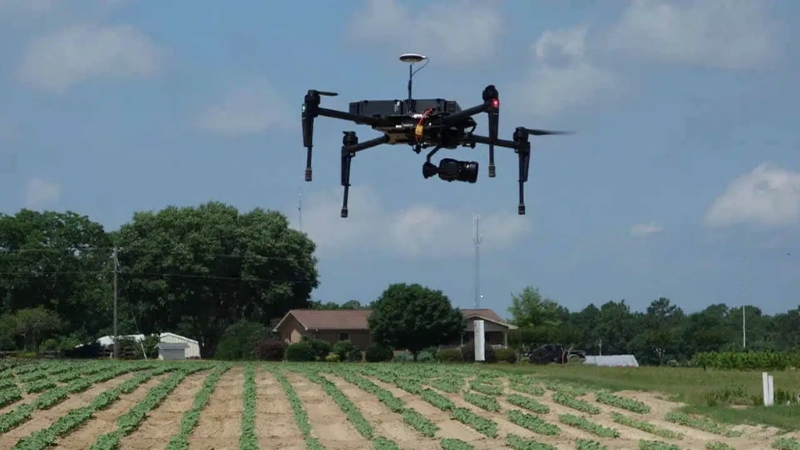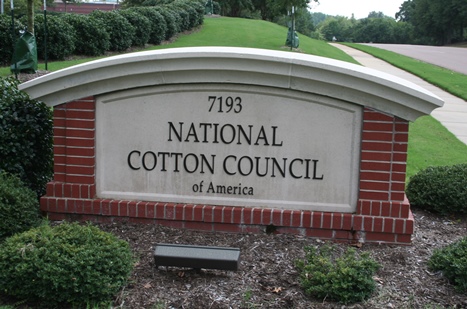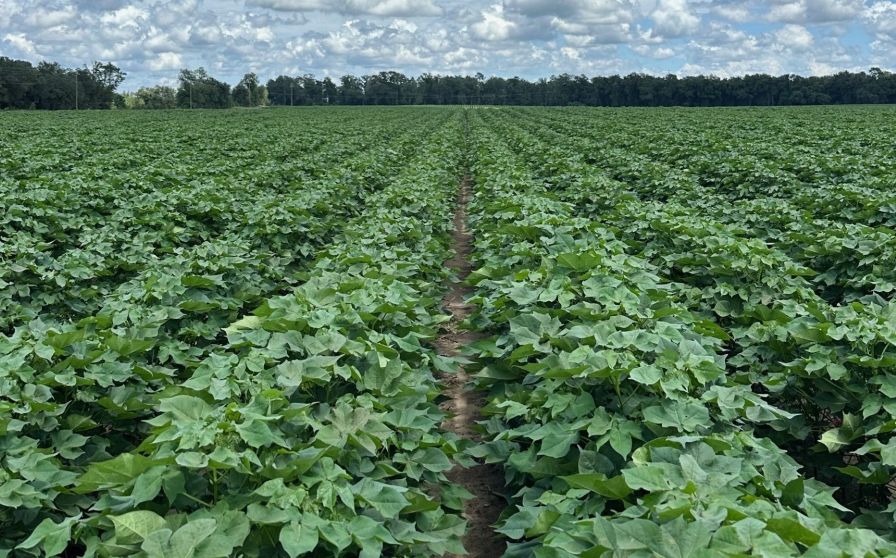Textile Giant Arvind Is Bullish on Cotton
“China’s dominance in the world trade of textiles is going to decline, and as a result, India will benefit,” declares Sanjay Lalbhai, chairman and managing director of the Arvind Group, Ahmedabad, India.
“Indian textiles will do very well for the next 10 years,” Lalbhai predicts, “because of huge domestic demand and more competitiveness in the global markets. China is becoming expensive. It is no longer the cheapest source of fabrics in the world.”
Arvind, India’s largest vertically integrated textile company with $1 billion in annual sales, is enviably positioned to benefit from both domestic and export growth, which now account for 45% and 55% of its sales, respectively. Operating around the clock, 363 days a year, Arvind produces 120 million meters of yarn-dyed shirt cloth (making it the second-highest producer in the world), another 120 million meters of denim, and 6,000 tons of knitted fabrics.
“We are among the largest, if not the largest, in denim,” Lalbhai says, “but we are going to 150 million meters, which will clearly make us the number one.”
Arvind’s chief pegs Indian denim consumption at 300 million meters (about 0.3 jeans per capita), compared to 1 billion meters in the United States and 600 million in China. Regarding India, “there is a great opportunity for growth,” with denim consumption surging by 13% to 15% per year, he points out.
Founded in 1931, Arvind spent its first 50 years specializing in super-fine textiles, mostly for women. But according to Lalbhai, when power looms burst onto the industry scene in the early 1980s, “We thought of denim, and we were the first to bring denim to this country.”
Today, Arvind offers a full line of casual and formal wear and is fully integrated, from cotton farming to spinning and weaving, garment finishing, and apparel retailing.
“In India, we have the largest portfolio of international brands,” says Lalbhai, citing Gant, Tommy Hilfiger, Arrow, Izod, US Polo, Lee, Wrangler and Levi. “We have taken up the green sustainability banner. Everything we do is green and certified, and that’s why some of the biggest brands work with us in everything from cloth to garments.”
Organic program brings prosperity to farmers in need
Poor soils and Mother Nature’s capriciousness make rain-fed cotton farming a risky proposition in the Vidharb region of India’s state of Maharashtra. But Arvind’s organic cotton program has so far helped 4,000 marginalized farmers there to prosper.
“If the monsoons fail, a farmer gets into a debt trap and finds it very difficult to continue,” says Arvind’s Sanjay Lalbhai, “because he has borrowed money for expensive inputs to grow the cotton.”
To supply organic clothing to Walmart, Marks & Spencer and H&M – including Walmart’s entire organic shirting program and 10 million to 12 million meters of organic denim – Arvind is helping the farmers of Vidharb convert to organic cotton production, which reduces their out-of-pocket costs, eliminates debt and fetches them a 15% premium price.
With the steady help of 40 agricultural technicians from Arvind, those farmers have so far converted 10,000 acres to certified organic cotton, and another 20,000 acres are in the three-year conversion process. Intercropping of pulses, also sold as organic, helps to improve the soil’s structure and mineral content.
“Yields are low [about 350 kg/acre],” Lalbhai admits, “but that is because there is no irrigation. We are shooting for about 500 kg/acre.”
The region’s main town, Akola, “is a completely transformed place,” Lalbhai says. “The farmers are extremely happy. Incomes have gone up 3 to 4 times. They have no debt.
“Of course, we can’t take all the credit,” he adds, noting that cotton prices have been high and the monsoons have cooperated for the last four years.
Lalbhai says Arvind will expand the program to 100,000 acres, with most of the increase being devoted to Better Cotton Initiative (BCI) cotton on irrigated land. So far, Arvind has helped farmers convert 10,000 acres to BCI cotton, and the company sells all that cotton to Levi Strauss as BCI denim.
“The large retailers are taking up the plank of selling clothes that are environmentally friendly,” Arvind’s chief says, adding that this demand will continue to grow.




